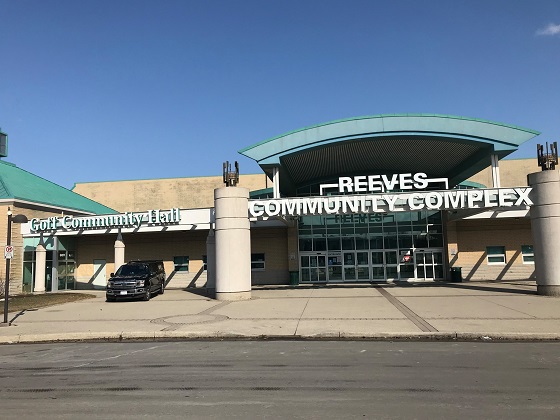
Starting on Friday morning, people working in areas with the highest risk of transmission can book their second doses with Southwestern Public Health.
SOUTHWESTERN PUBLIC HEALTH REGION - Southwestern Public Health is going to start giving second doses to people with a greater risk of transmission.
Starting on Friday May 14, at 8:00 am. staff and essential caregivers with Long-Term Care or Retirement homes, the highest risk healthcare workers and first responders can book their second dose.
Eligible populations are strictly limited to:
- All hospital and acute care staff in frontline roles with COVID-19 patients and/or with a highest-risk of exposure to COVID-19, including nurses and personal support workers and those performing aerosol-generating procedures
- Critical care units
- Emergency departments and urgent care departments
- COVID-19 medical units
- Code blue teams, rapid response teams
- General internal medicine and other specialties involved in the direct care of COVID-19 positive patients
- All patient-facing healthcare workers involved in the COVID-19 response
- COVID-19 specimen collection centres (e.g. Assessment Centres, community COVID-19 testing locations)
- Teams supporting outbreak response (e.g. Infection Prevention and Control teams supporting outbreak management, inspectors in the patient environment, redeployed healthcare workers supporting outbreaks or staffing crisis in congregate living settings)
- COVID-19 vaccine clinics and mobile immunization teams Mobile testing teams
- COVID-19 isolation centres
- COVID-19 laboratory services
- Current members of Ontario’s Emergency Medical Assistance team who may be deployed at any time to support an emergency response
- Medical First Responders
- ORNGE
- Paramedics
- Firefighters providing medical first response as part of their regular duties
- Police and special constables providing medical first response as part of their regular duties
- Community healthcare workers serving specialized populations
- Needle exchange/syringe programs and supervised consumption and treatment services
- Indigenous health care service providers such as Aboriginal Health Access Centres, Indigenous Community Health Centres, - Indigenous Interprofessional Primary Care Teams, and Indigenous Nurse Practitioner-Led Clinics
- Long-Term Care and Retirement Home workers, including nurses, personal support workers, and essential caregivers
- Individuals working in Community Health Centres serving disproportionally affected communities and/or communities experiencing the highest burden of health, social, and economic impacts from COVID-19
- Critical healthcare workers in remote and hard-to-access communities (e.g. sole practitioner)
- Home and community care healthcare workers, including nurses and personal support workers caring for recipients of chronic homecare and seniors in congregate living facilities or providing hands-on care to COVID-19 patients in the community
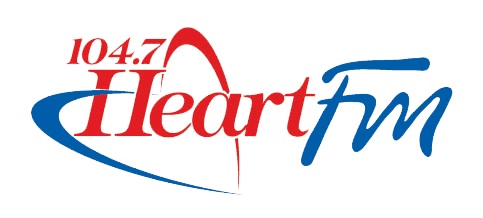
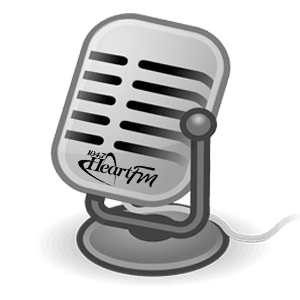

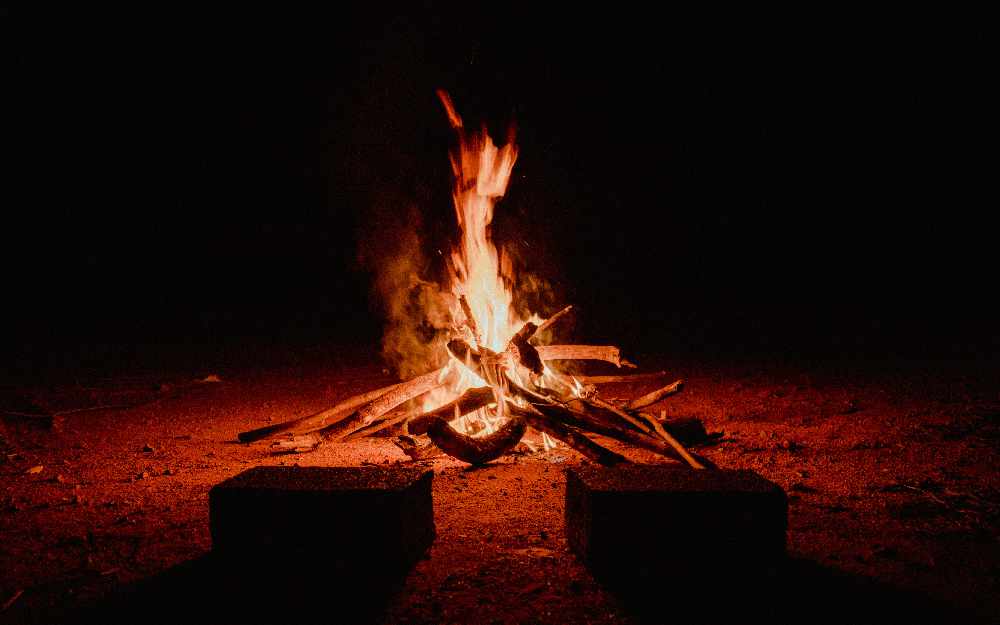 UPDATE: Woodstock Open-Air Burn Ban Lifted
UPDATE: Woodstock Open-Air Burn Ban Lifted
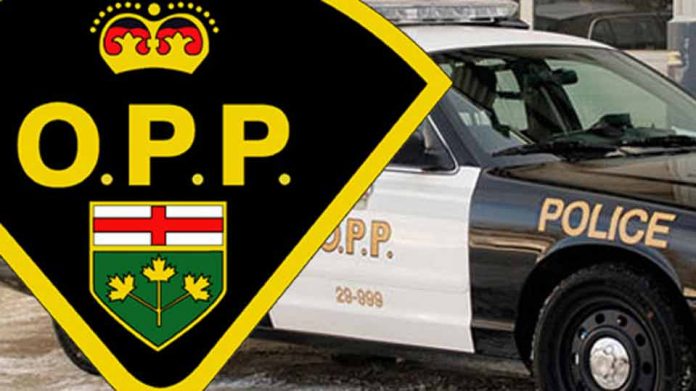 OPP Investigating Vandalism in Delhi
OPP Investigating Vandalism in Delhi
 Norfolk OPP Investigating Stolen UTV
Norfolk OPP Investigating Stolen UTV
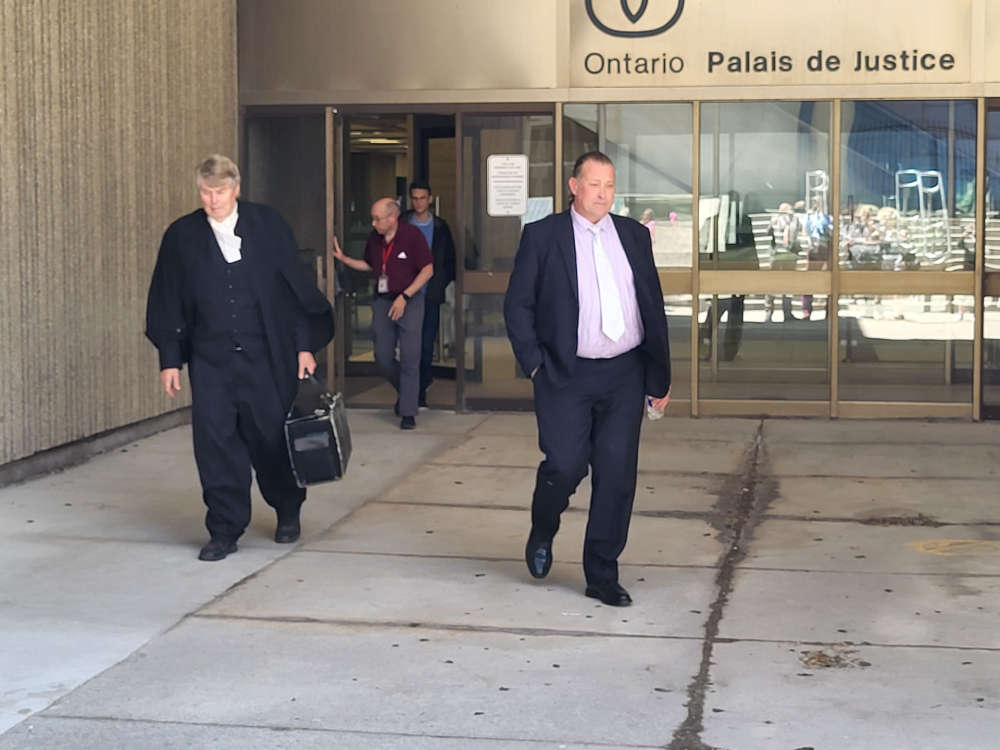 Trevor Birtch Trial Daily Recap - Case 2
Trevor Birtch Trial Daily Recap - Case 2
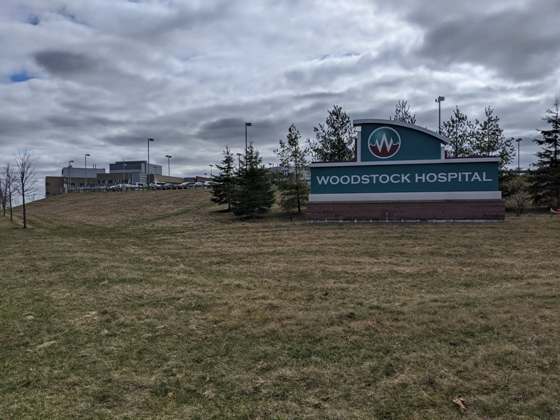 Woodstock Hospital Upgrades Food Ordering System
Woodstock Hospital Upgrades Food Ordering System
 Impaired Driver Charged in Woodstock
Impaired Driver Charged in Woodstock
 WAG Introduces New Director/Curator
WAG Introduces New Director/Curator
 Ingersoll Receives Provincial Funding
Ingersoll Receives Provincial Funding
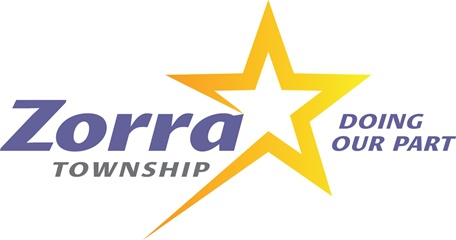 UPDATE: Burn Ban Lifted for Zorra Township
UPDATE: Burn Ban Lifted for Zorra Township
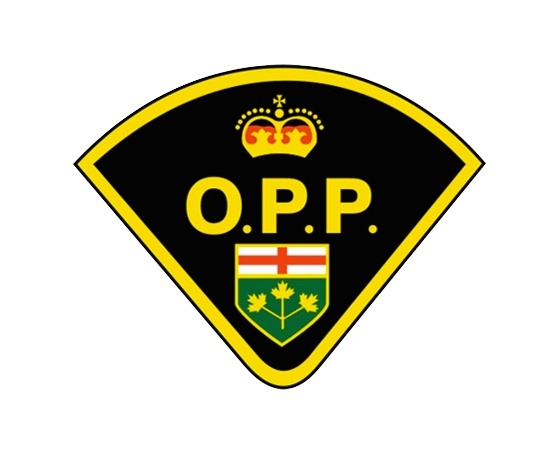 Impaired Driver Busted in SWOX
Impaired Driver Busted in SWOX
 Interview with the Warden - August 14th, 2025
Interview with the Warden - August 14th, 2025
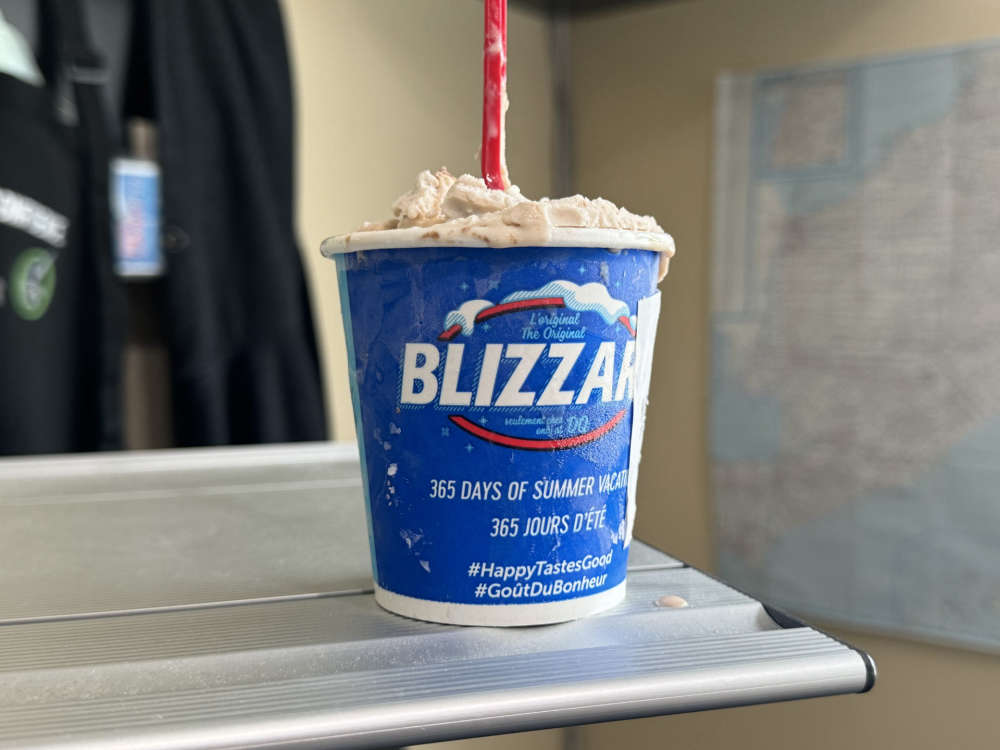 Miracle Treat Day Arrives in Oxford
Miracle Treat Day Arrives in Oxford
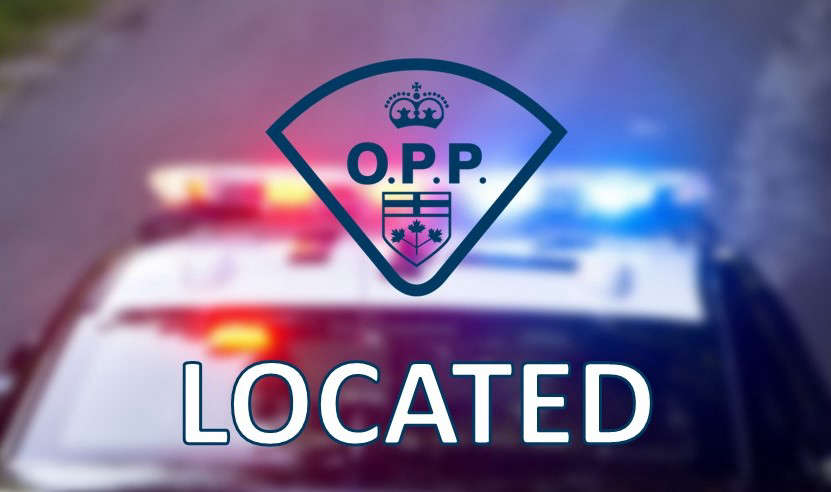 UPDATE: Missing Senior Found Safe
UPDATE: Missing Senior Found Safe
 Two Arrested in Drug Trafficking Investigation
Two Arrested in Drug Trafficking Investigation
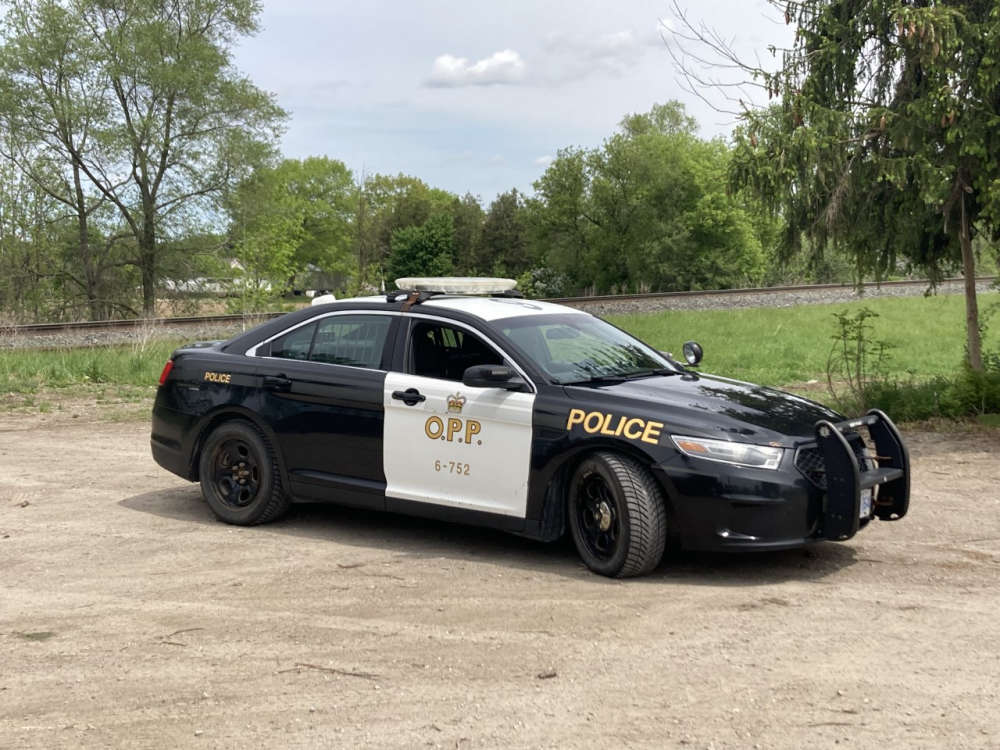 Vehicles Stolen in Delhi Break In
Vehicles Stolen in Delhi Break In
 Supplies4Students Celebrates 10 Years in Oxford
Supplies4Students Celebrates 10 Years in Oxford
 Strike and Lockout Notices Issued for Air Canada
Strike and Lockout Notices Issued for Air Canada
 Report Highlights Staff Retention for Non-Profits
Report Highlights Staff Retention for Non-Profits
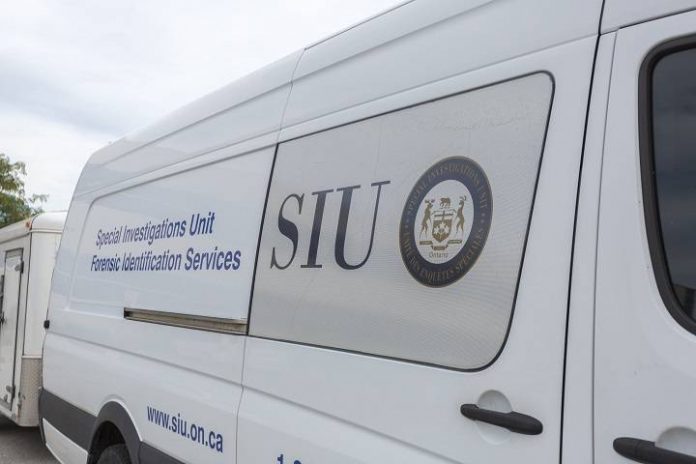 SIU Investigating Turkey Point Shooting
SIU Investigating Turkey Point Shooting
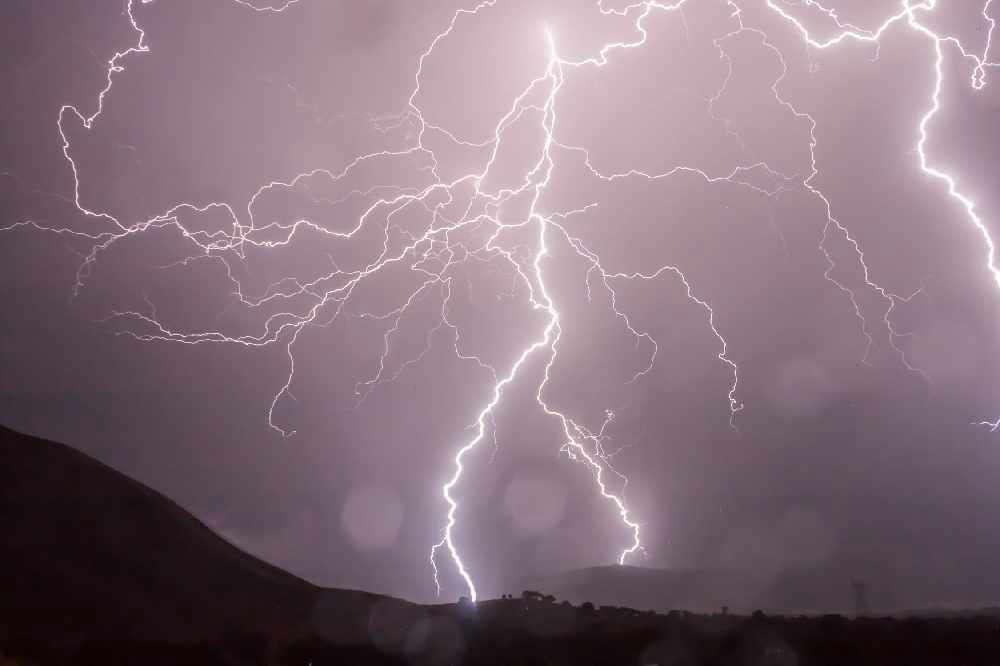 UPDATE: Severe Thunderstorm Warning Ends
UPDATE: Severe Thunderstorm Warning Ends



Comments
Add a comment